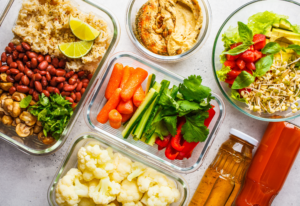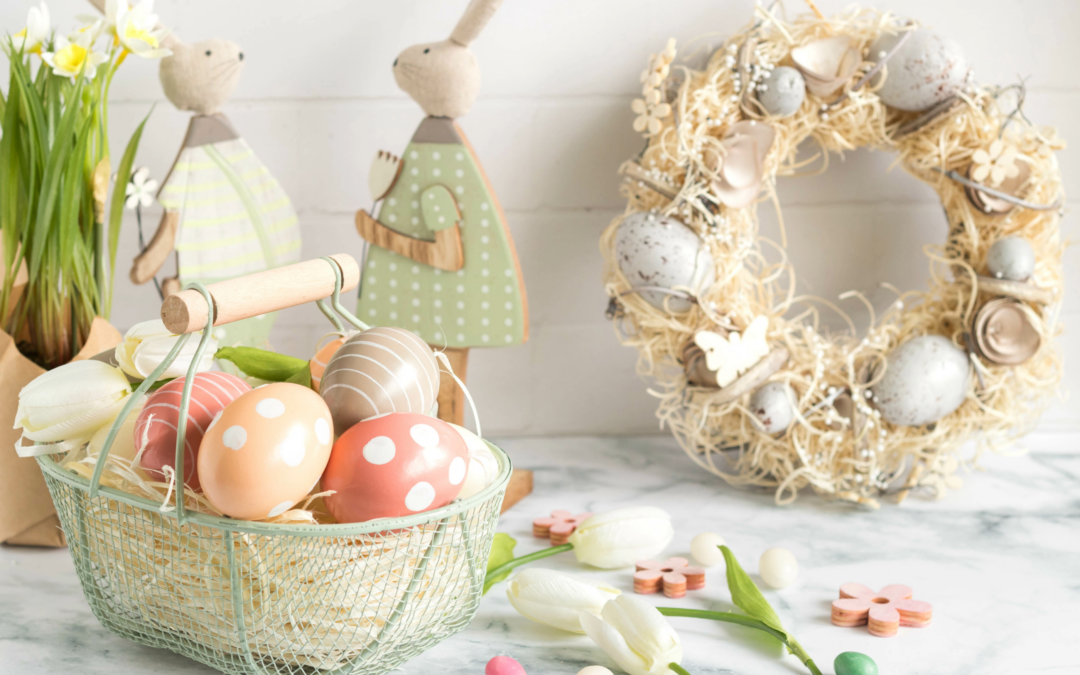As Easter approaches, it’s a time for joy, renewal, and celebration. However, amidst the festivities, it’s essential to remember our responsibility towards the planet. With environmental concerns growing more urgent, adopting sustainable practices in our Easter traditions can make a significant difference. From decorations to activities and food, here’s a guide to embracing sustainability this Easter.
One – Mindful Decorations
Decorating for Easter is a cherished tradition, but it doesn’t have to come at the expense of the environment. Instead of plastic or synthetic decorations, opt for natural materials like flowers, leaves, and branches. Create beautiful centrepieces or wreaths using seasonal flowers and foliage. Get creative with DIY projects using recycled materials. Reuse old fabric or paper to make bunting, egg garlands, or origami decorations. Not only does it reduce waste, but it also adds a personal touch to your decorations. When it comes to Easter eggs, choose options that are environmentally friendly. Opt for wooden or ceramic eggs that can be reused year after year, or consider dyeing real eggs with natural dyes made from ingredients like turmeric, beets, or spinach.

Two – Environment Conscious Activates
Easter activities are a highlight for both children and adults. Instead of traditional egg hunts with plastic eggs, organize a nature hunt where participants search for items like feathers, stones, or flowers. It encourages exploration of the outdoors while minimizing waste. Make Easter a time for planting by organizing a tree-planting activity in your community or backyard. It’s a meaningful way to give back to the environment and create a lasting impact for future generations.
Three – Sustainable Feasting
Food is an integral part of Easter celebrations. Choose locally sourced and organic ingredients for your Easter meal whenever possible. Supporting local farmers reduces carbon emissions from transportation and promotes sustainable agricultural practices. Consider incorporating more plant-based dishes into your Easter menu. Plant-based meals have a lower environmental footprint compared to meat-based dishes, and they can be just as delicious and satisfying. Also, plan your Easter meal carefully to minimize food waste. Use leftovers creatively in new recipes, or compost food scraps instead of throwing them away. Food waste is a real problem in our society as we highlighted in one of our blogs. Encourage guests to bring reusable containers to take leftovers home as well!

To conclude…
As we celebrate Easter, let’s remember the importance of embracing sustainability in our traditions and practices. By making conscious choices in our decorations, activities, food, and gifting, we can reduce our environmental impact and create a brighter, sustainable future for generations to come. This Easter, let’s celebrate not only the joy of the season but also our commitment to caring for the planet.
Till next time,
Team Hi-Tech Packaging


